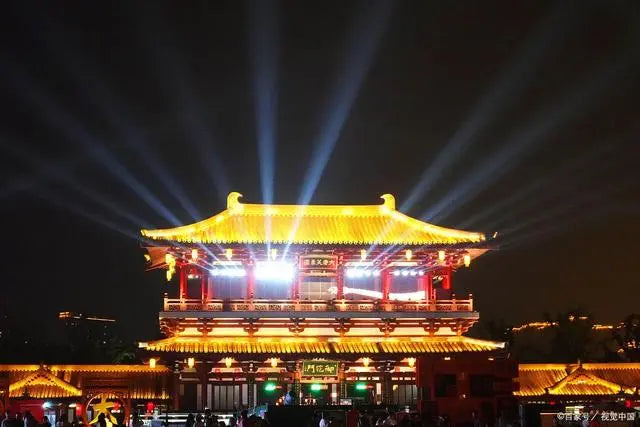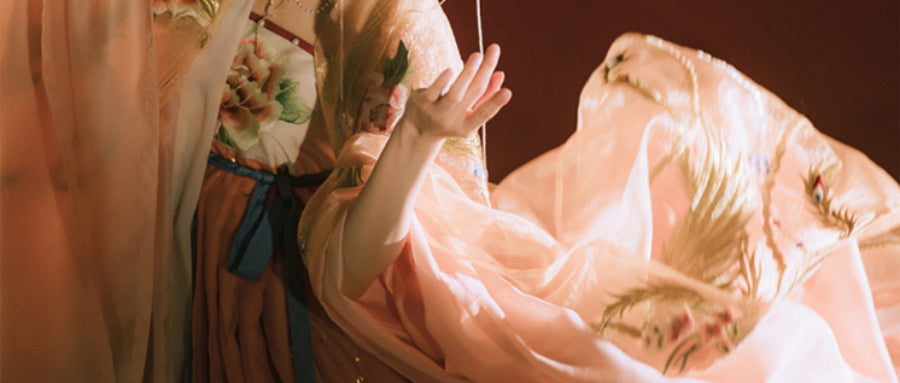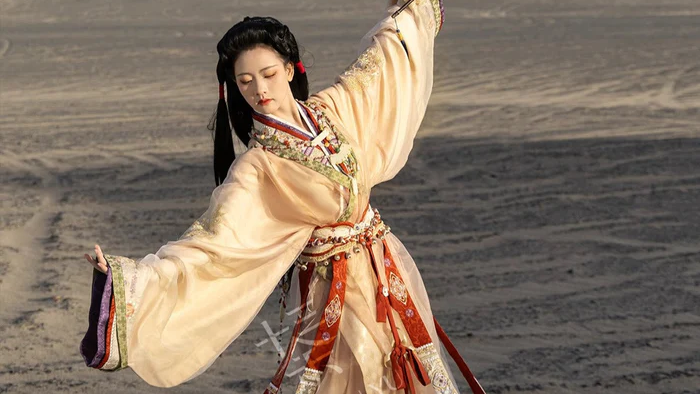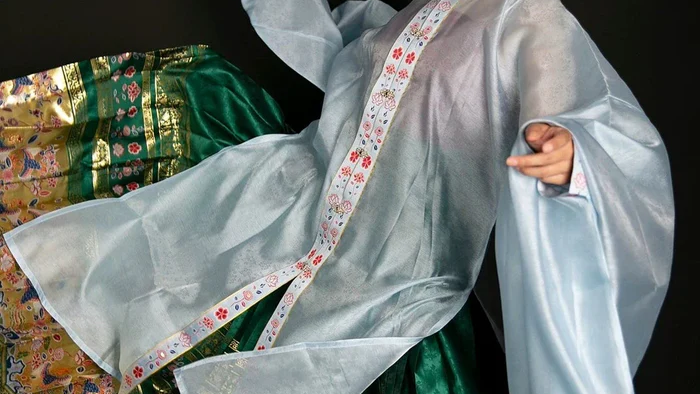The traditional Hanfu dress, which was the attire of the Han Chinese for thousands of years, was not outlawed in the modern sense of being made illegal by the government. However, there was a significant shift in Chinese clothing culture that led to the decline of Hanfu as the everyday wear, particularly during the Qing Dynasty and later periods. Here are some reasons for the decline and eventual marginalization of Hanfu in China:
-
Qing Conquest: After the fall of the Ming Dynasty, the Qing Dynasty, which was established by the Manchu people, imposed a dress code that required Han Chinese men to adopt Manchu styles, including shaving the front of the head and wearing a queue (a long braid). This was part of a broader policy to assimilate the Han Chinese into Manchu culture.
-
Cultural Assimilation: Over time, the Manchu influence led to the gradual assimilation of Manchu clothing elements into Han Chinese attire, which contributed to the decline of traditional Hanfu styles.
-
Western Influence: With the opening of China to Western influence during the late Qing Dynasty and the early 20th century, Western clothing styles began to be adopted by the Chinese elite and gradually spread to the broader population.
-
Republican Reforms: After the fall of the Qing Dynasty and the establishment of the Republic of China in 1912, there was a push for modernization, which included adopting Western clothing as a symbol of progress and modernity.
-
Cultural Revolution: During the Cultural Revolution (1966-1976), traditional Chinese culture, including clothing, was suppressed as part of the campaign to eradicate the "Four Olds" (old customs, old culture, old habits, old ideas). This further contributed to the decline of Hanfu.
-
Practicality and Modernization: As China modernized, there was a shift towards more practical clothing that was suitable for the industrial and urban environments, leading to a decline in the use of traditional clothing like Hanfu.
-
Lack of Visibility: For a long period, Hanfu was not as visible or promoted in popular culture, which contributed to its marginalization.






